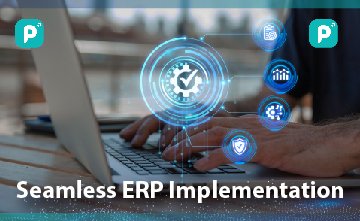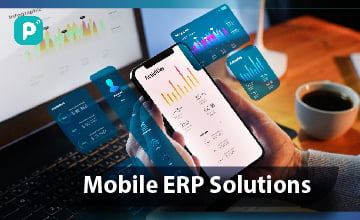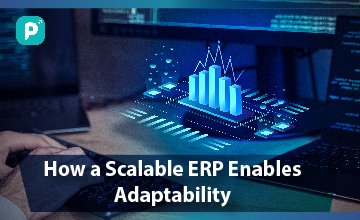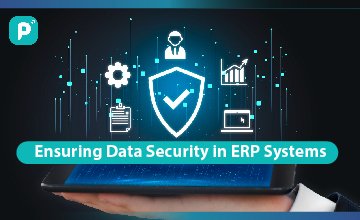Embarking on an Enterprise Resource Planning (ERP) implementation is a monumental task that demands meticulous planning and execution. The success of this endeavour lies in achieving seamless integration across various processes and departments. Despite the potential benefits, many organizations face challenges during the integration phase, leading to delays, inefficiencies, and, in some cases, project failures.
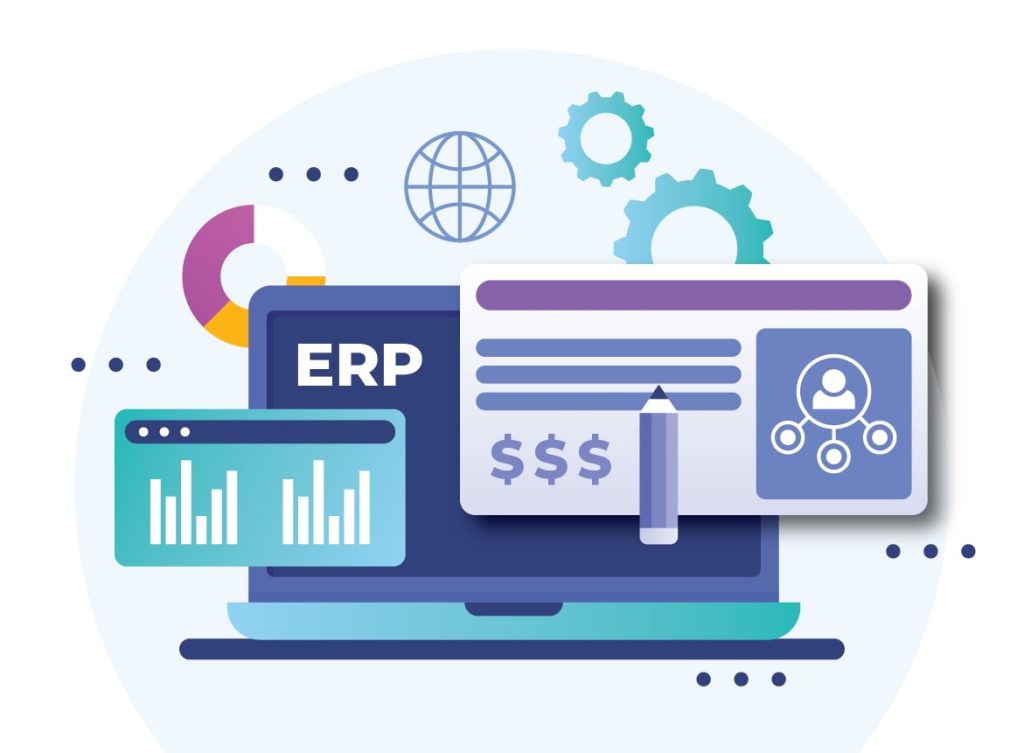
Increasing Importance of ERP Systems
The growing reliance on ERP systems underscores their role in enhancing operational efficiency and gaining a competitive edge. By serving as comprehensive solutions that streamline diverse business processes, ERP systems enable centralized data management and facilitate well-informed decision-making. Despite their transformative potential, the implementation of ERP systems is marked by inherent complexities, particularly evident during the integration phase.
This critical stage, where various components must seamlessly converge, often poses significant challenges for a considerable number of projects, leading to delays and inefficiencies.
Implementation of ERP Systems
The integrated nature of ERPs also increases project complexity during implementation. Organizations face challenges in standardizing processes across units, migrating legacy systems, training employees on the new system, and ensuring adoption across the organization. Alarmingly, studies suggest that nearly 70% of ERP projects fail to achieve their expected benefits, are overtime or over budget, or get scrapped entirely.
High failure rates underscore the need for careful planning and execution of ERP implementation. Key success factors include:

- Securing executive commitment and aligning stakeholders from the start
- Investing sufficient resources and time for training and change management
- Adopting best practices for data migration and integration
- Rigorously testing systems before going live
- Starting with limited scope/phased rollouts before organization-wide implementation
Importance of Integration in ERP Success
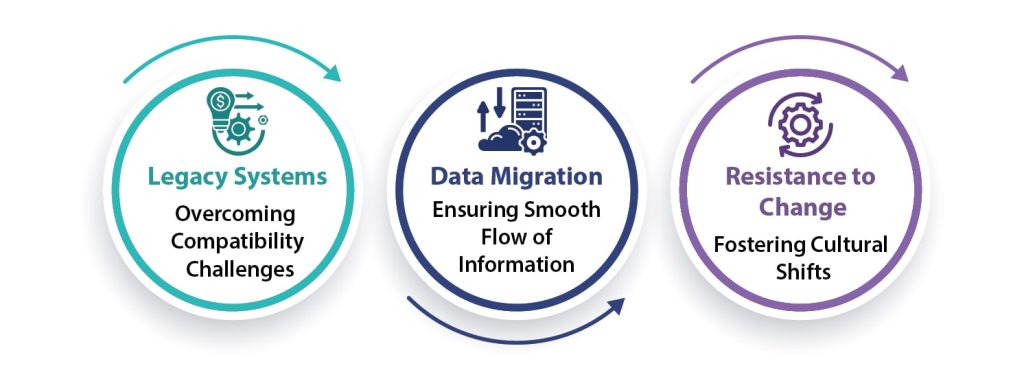
Legacy Systems: Overcoming Compatibility Challenges
Legacy systems, often outdated and lacking compatibility with modern ERP solutions, pose a major obstacle. To overcome this challenge:
- Proper Planning: Thorough planning is crucial to identify potential issues with legacy systems.
- Robust Integration Strategy: Develop a strategy that addresses compatibility challenges, possibly involving system upgrades or phased transitions.
Data Migration: Ensuring Smooth Flow of Information
Smooth data migration from existing systems to the ERP platform is vital for uninterrupted operations. Key considerations include:
- Comprehensive Data Migration Plan: Develop a detailed plan encompassing data cleansing, mapping, and validation processes to ensure accuracy and completeness.
- Minimizing Disruptions: Implement migration processes in stages to minimize disruptions and ensure a smooth transition.
Resistance to Change: Fostering Cultural Shifts
Implementing ERP necessitates a cultural shift within the organization, and resistance from employees can impede progress. To overcome this challenge:
- Effective Change Management: Implement clear communication strategies, emphasizing the benefits of ERP adoption.
- Training Programs: Develop comprehensive training programs to educate employees on the new system’s advantages and functionalities.
Streamlining Integration Processes
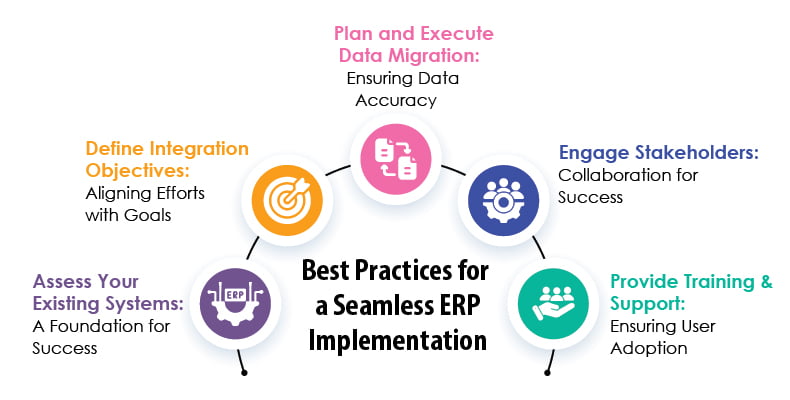
Ensure thorough stakeholder engagement and communication throughout the ERP implementation to foster alignment with organizational goals, and meticulously plan and execute data migration, emphasizing data accuracy and completeness, to guarantee a smooth transition and optimal system performance.
Assess Your Existing Systems: A Foundation for Success
Before commencing the ERP implementation journey, conduct a thorough assessment of existing systems:
- Identifying Roadblocks: Uncover potential roadblocks and challenges by assessing the current state of systems.
- Integration Level Determination: Determine the level of integration required for a successful ERP implementation.
Define Integration Objectives: Aligning Efforts with Goals
Clearly defining integration objectives is critical for a focused and effective integration effort
- Prioritization: Identify key business processes and data sources that need integration to align efforts with organizational goals.
- Resource Allocation: Allocate resources effectively based on defined integration objectives.
Plan and Execute Data Migration: Ensuring Data Accuracy
Data migration is a pivotal aspect of integration, and a well-executed plan is essential:
- Comprehensive Data Plan: Develop and execute a plan that includes data cleansing, mapping, and validation processes.
- Information Flow Assurance: Ensure a smooth information flow by addressing data-related challenges during migration.
Engage Stakeholders: Collaboration for Success
Involving key stakeholders from various departments enhances collaboration and ensures a successful integration process:
- Insight Gathering: Leverage the expertise of stakeholders to identify potential integration issues and ensure business requirements are met.
- Communication and Collaboration: Foster open communication and collaboration among stakeholders for a seamless integration experience.
Provide Training and Support: Ensuring User Adoption
User adoption is crucial for ERP success, and providing adequate training and support is imperative:
- Comprehensive Training Programs: Develop training programs to educate users on the capabilities and benefits of the new ERP system.
- Ongoing Support: Offer continuous support during the integration process to address concerns, increasing user confidence and acceptance.
Conclusion
Streamlining integration processes is the key to achieving a seamless ERP implementation. By overcoming challenges, such as dealing with legacy systems, ensuring smooth data migration, and addressing resistance to change, organizations can pave the way for ERP success. With proper planning, stakeholder engagement, and a focus on training and support, businesses can unlock the full potential of their ERP system.
Discover how digital marketing can boost your business with our customized solutions. Visit our website to find the right fit for your specific needs and unleash your business’s full potential!

